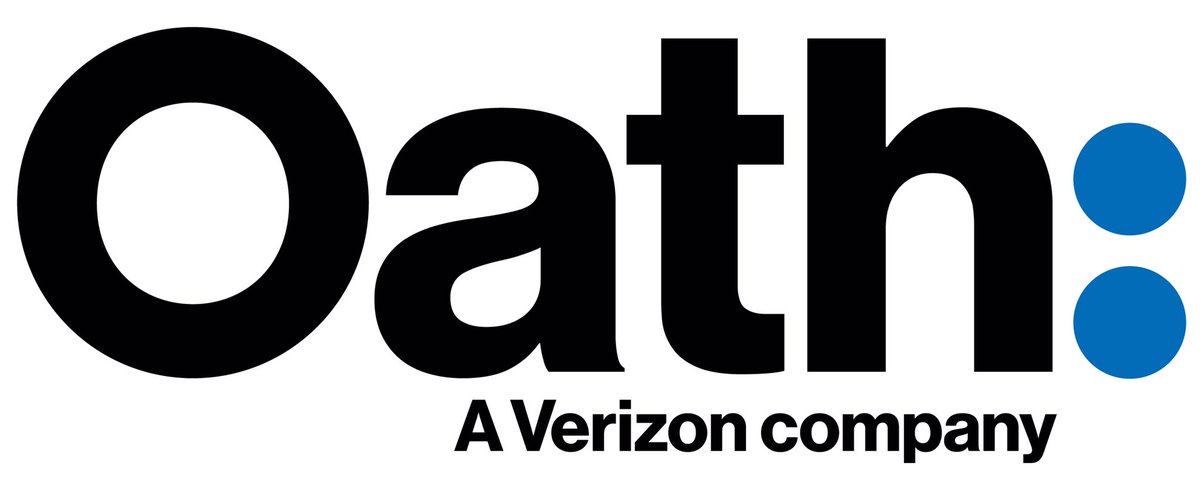FTC
Profiting off spam
- laura
- Sep 27, 2019
The FTC filed suit against Match.com for using fake accounts to entice people into signing up for accounts. (WA Post) Part of the FTC’s allegations include that Match flagged the accounts and prevented them from contacting paying Match users while simultaneously allowing the users to contact free Match users.
Read MoreFTC solicits CAN-SPAM feedback
- steve
- Jun 22, 2017
The FTC (US Federal Trade Commission) is soliciting comments on CAN-SPAM legislation:
A. General Issues
News in the email space
- laura
- Apr 4, 2017
Various things happening in the email space recently that are worth mentioning but don’t have enough to justify a whole blog post.
Verizon announced a new umbrella company for the AOL and Yahoo media properties, including things like Engadget, Huffington Post. Based on the various press articles I’ve seen this doesn’t appear to affect the email handling for either set of domains.
The FTC answers questions about CAN SPAM
- laura
- Aug 20, 2015
The FTC posted answers to a number of questions about the CAN SPAM act.
Read MoreLogging in to unsubscribe
- laura
- Mar 11, 2013
I have been talking with a company about their unsubscribe process and their placement of all email preferences behind an account login. In the process, I found a number of extremely useful links about the requirements.
The short version is: under the 2008 FTC rulemaking senders cannot require any information other than an email address and an email preference to opt-out of mail. That means senders can’t charge a fee, they can’t ask for personal information and they can’t require a password or a login to unsubscribe.
I’ve talked about requiring a login to unsubscribe in the past here on the Word to the Wise blog.
Let them go
Questions about CAN SPAM
One click, two click, red click, blue click
How not to handle unsubscribes
I’m not the only person, though, that’s written about this.
The FTC has written about it in the FTC CAN SPAM Compliance Guide for business
More legal problems for Boris
- laura
- Nov 19, 2011
Boris Mizhen is once again on the wrong side of legal action. This time it’s not as simple as Microsoft suing him for creating hundreds of thousands of accounts to try and game the spam scoring system. Instead, he seems to have run afoul of the FTC.
This case isn’t obviously about email, but the FTC alleges that companies under the “control or influence” of Boris set up a network of fake news sites to deceive consumers into a free trial for diet supplements. The free trial involved enrollment in a monthly renewal program which cost consumers up to $158.00 a month.
The websites did not make the enrollment process clear and the companies made it extremely difficult to stop the renewal.
Jon Leibowitz: New FTC chair
- laura
- Feb 25, 2009
Jon Leibowitz is slated to be appointed the new chair of the FTC as reported by Bloomberg and CNet. This may mean tougher regulations online. In the past Mr. Leibowitz has advocated that online advertisers move to opt-in for website cookies. This may signal his intention to put more control in the hands of the consumer. According to Bloomberg, Mr. Leibowitz has also “advocated more aggressive enforcement by the FTC.” We may see more CAN SPAM prosecutions as a result.
Read MoreFTC Opt out clarification
- laura
- Oct 10, 2008
In early July, the Magilla Marketing newsletter has an article about how email preference centers may now be illegal due to the clarifications published by the FTC. Trevor Hughes of the ESPC is quoted extensively, lamenting about how marketers cannot legally interfere in the unsubscribe process.
Read More